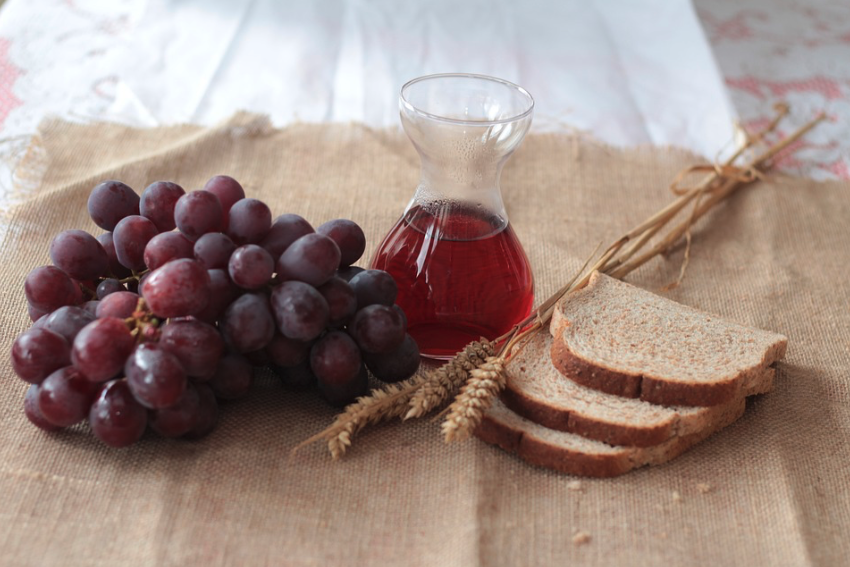The Significance of Passover

Passover, which is known as Pesach in Hebrew, holds a significant place in Jewish history and tradition. It is celebrated as a spring holiday or Chag Ha’Aviv and always occurs on the same date in the Jewish calendar, aligned with the sun and moon phases. This year, it starts on April 22 and ends on April 29 or 30, depending on family traditions.
The celebration typically spans eight days for most Conservative and Orthodox Jews residing outside of Israel. On the contrary, Jews living within Israel, as well as Reform Jews worldwide, traditionally observe Passover for seven days.
The name "Passover" is derived from the narrative of God passing over the homes of the Jewish people during the tenth and final plague. Meanwhile, the Egyptians faced devastating punishment.
Passover is a significant occasion for Jewish families in America. It allows them to honor their collective heritage and the contemporary significance of their faith. As they gather around the seder table, families retell the story of the Israelites' exodus from Egypt, which creates a connection to their shared past and the enduring values of freedom, perseverance, and redemption.
Passover embodies a season of hope and renewal, coinciding with the arrival of spring. Families gather around the seder table and recite blessings, including those for symbolic foods, each imbued with layers of tradition and significance. The Passover meal itself often reflects familial heritage, passed down through generations—a practice known as ‘Mesorah.’ While deeply meaningful, embracing new culinary traditions that resonate with everyone at the table fosters inclusivity and enriches the dining experience.
Central to the Passover menu is matzah, unleavened bread symbolizing the haste with which the Israelites fled Egypt. While readily available in stores, crafting homemade matzah can enhance the sense of connection to the holiday's customs. Additionally, traditional Passover fare includes gefilte fish, tzimmis, and desserts like sponge cake and macaroons, each contributing to the festive atmosphere and culinary tapestry of the holiday celebration.
This holiday is not just a commemoration of historical events. It is also a time to celebrate the present and reaffirm the values that guide Jewish life today. Through rituals, prayers, and traditions passed down through generations, Passover becomes a vibrant expression of Jewish identity and community in the modern world.
Therefore, Passover serves as a poignant reminder of the continuity of Jewish life. It bridges the gap between the ancient past and the vibrant present, instilling a sense of connection, belonging, and pride among Jewish families across America.